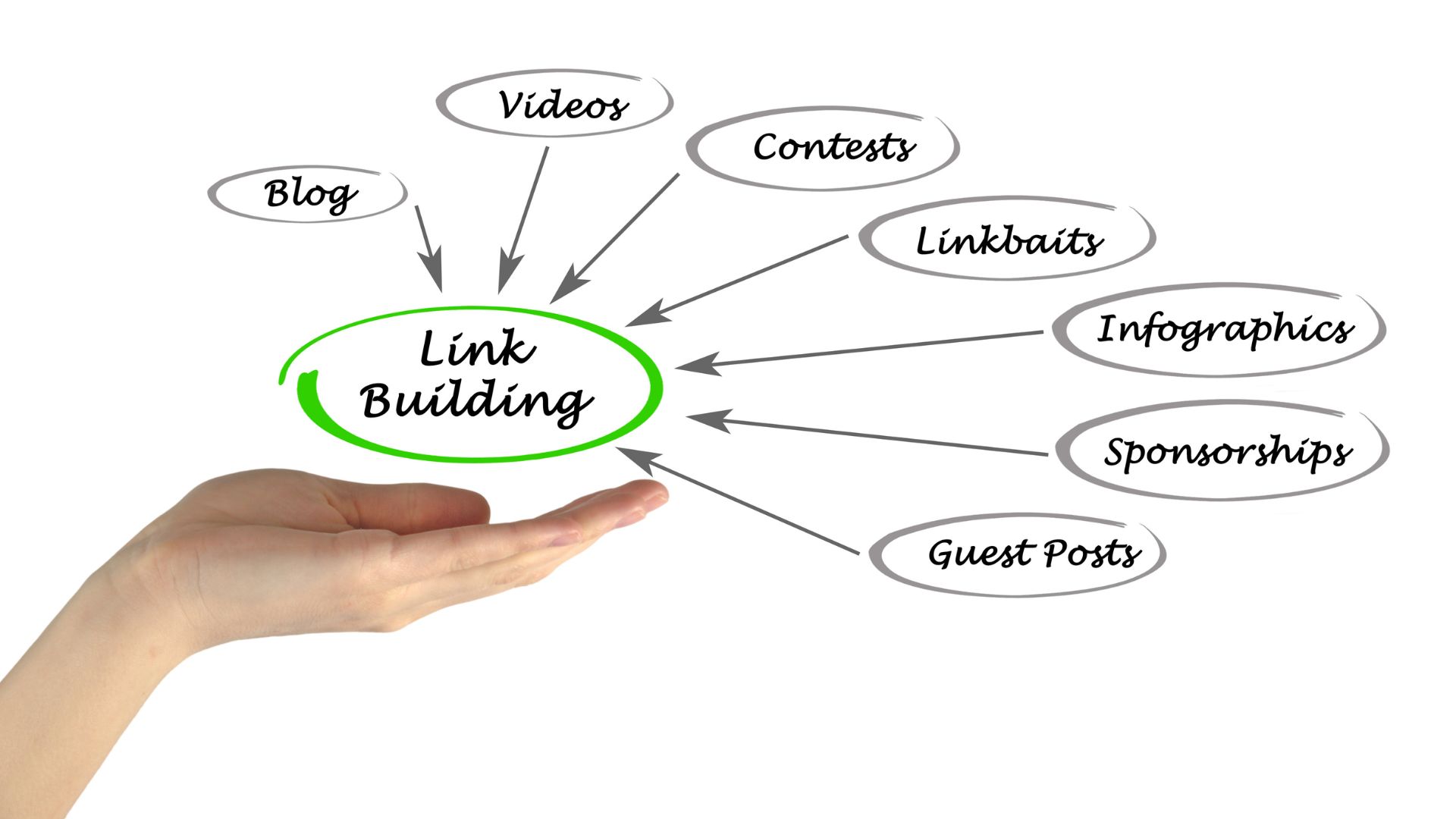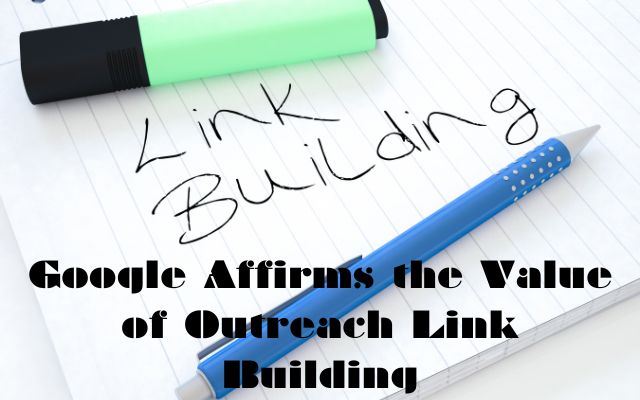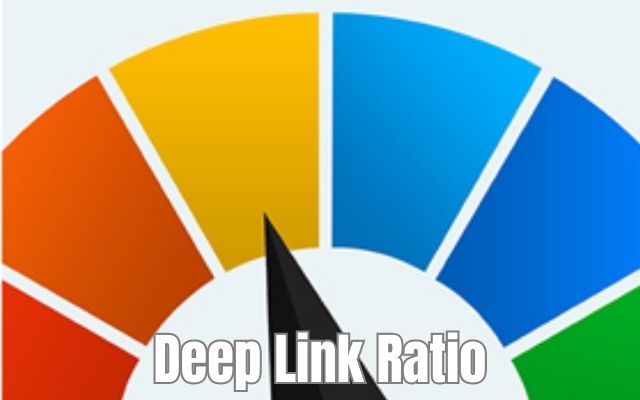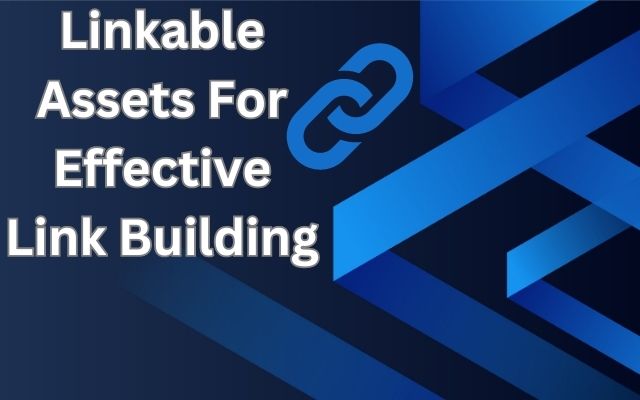Mastering Editorial Links: A Powerful Strategy for SEO Success
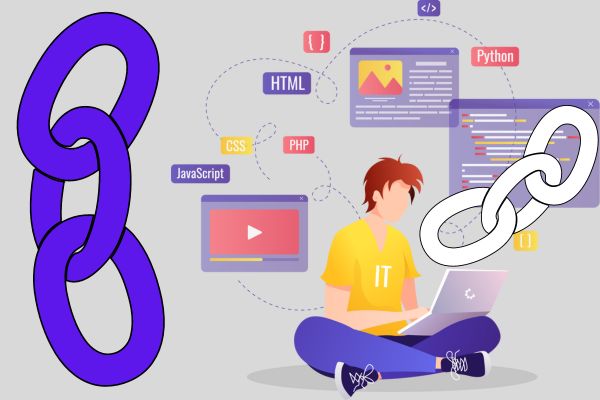
Editorial links are highly coveted endorsements from reputable sources, are key to driving SEO success and improving organic rankings.
In the world of search engine optimization (SEO), acquiring high-quality backlinks is crucial for improving organic rankings and driving targeted traffic to your website. While there are various link-building techniques available, one strategy stands out as a powerful and highly coveted approach—editorial links. In this article, we will explore the concept of editorial links, why they are essential for SEO success and provide actionable tips for mastering this strategy.
Understanding Editorial Links:
Editorial links also known as natural or organic links, are backlinks that are voluntarily placed by website owners, bloggers or journalists based on the merit and value of your content. Unlike paid or manipulative links, editorial links are seen as highly trustworthy and influential by search engines. These links are an endorsement of your content’s quality, relevance, and authority.
| Section | Key Points |
|---|---|
| Introduction | Editorial links are organic endorsements valuable for SEO success |
| The Significance of Editorial Links | – Voluntarily placed links based on content merit |
| – Authentic endorsements that enhance credibility | |
| Benefits of Editorial Links for SEO | – Enhanced website authority |
| – Increased organic traffic | |
| – Improved search engine rankings | |
| Creating Link-Worthy Content | – In-depth and valuable content |
| – Visual appeal and multimedia elements | |
| – Original research and data | |
| Building Relationships and Outreach | – Engaging with influencers and thought leaders |
| – Guest blogging and collaborations | |
| – Effective outreach campaigns | |
| Monitoring, Analyzing, and Adapting | – Tracking backlink profile |
| – Disavowing toxic links | |
| Conclusion | Editorial links as a crucial factor for SEO success |
The SEO Benefits of Editorial Links:
a. Improved Search Engine Rankings: Editorial links from reputable and authoritative websites are a strong signal to search engines that your content is valuable and trustworthy. Such links can significantly impact your organic rankings and help you outrank competitors.
b. Enhanced Website Authority: As editorial links come from reliable sources within your industry or niche, they contribute to building your website’s overall authority. This, in turn, establishes your website as a reliable and credible source of information in the eyes of search engines and users alike.
c. Increased Organic Traffic: Editorial links can drive targeted traffic to your website, as they are often placed within relevant and contextually fitting content. Users who click on these links are more likely to be interested in your offerings, leading to higher conversion rates.
Creating Content that Earns Editorial Links:
a. Develop Exceptional Content: The foundation for earning editorial links is creating high-quality, informative, and engaging content. This can include in-depth articles, original research, data-driven studies, expert guides, and thought-provoking insights that add value to your target audience.
b. Focus on Relevance and Uniqueness: Make sure your content is relevant to your target audience and fills a gap in the existing information available online. Offer a fresh perspective, unique data, or actionable advice that sets your content apart from competitors.
c. Visual Appeal: Incorporate visual elements like images, infographics, or videos to enhance the visual appeal and shareability of your content. Compelling visuals can make your content more attractive to publishers and increase the likelihood of them linking to it.
Building Relationships with Influencers and Publishers:
a. Engage with Influencers: Identify influential individuals and thought leaders within your industry. Follow them on social media, interact with their content, and engage in meaningful conversations. Building relationships with influencers can lead to natural editorial links as they discover and appreciate your content.
b. Guest Blogging: Reach out to authoritative websites in your niche and offer to contribute high-quality guest posts. Guest blogging allows you to showcase your expertise, reach a wider audience, and earn editorial links in the author bio or within the content.
Outreach and Promotion:
a. Research Target Websites: Identify relevant websites that are likely to find value in your content. Look for websites that frequently link to external resources, publish round-up articles, or have resource pages within your industry.
b. Personalized Outreach: Craft personalized outreach emails to the website owners, editors, or journalists, highlighting the value your content provides and how it can enhance their readers’ experience. Be genuine, concise, and professional in your approach.
c. Leverage Social Media: Share your content on social media platforms, tagging relevant influencers, publishers, or journalists who may be interested in your content. Social media can serve as a catalyst for link discovery and outreach.
Monitoring and Analyzing Results:
a. Track Backlinks: Regularly monitor your backlink profile using tools like Google Search Console, Ahrefs, or Moz. Keep an eye on new editorial links gained, and analyze their impact on your organic rankings and website traffic.
b. Disavow Toxic Links: If you identify spammy or low-quality links pointing to your site, use the disavow tool provided by Google to indicate that you want search engines to ignore those links. This helps protect your website’s reputation and SEO efforts.
- Understanding Internal Linking for SEO
- Building Stronger Connections: A Comprehensive Guide to Resource Link Building Strategies
- Unlocking the Power of Guest Blogging: Strategies and Tips for Building Your Online Presence
- The Art of Link Building: Strategies and Techniques for Success
- Reaching New Heights: A Comprehensive Guide to the Skyscraper Technique in Link Building
- Rebuilding the Chain: An In-Depth Guide to Broken Link Building for Improved SEO
- Social Signals for Link Building: How to Harness the Power of Social Media for SEO Success
- Building Backlinks and Boosting Engagement: The Power of Comment Link Building
- Mastering the Art of Link Building: Effective Techniques for Boosting Your Website’s SEO
- Unlocking Lost Opportunities: A Guide to Link Reclamation for Boosting Your Online Presence
- How to Find and Fix Broken Links on Your Website
- Mastering Internal Linking for SEO: A Key Strategy for SEO Success
- Striking the Right Balance: Quality vs Quantity in Link Building
Conclusion:
Mastering editorial links is a powerful strategy that can significantly boost your SEO success. By creating exceptional content, building relationships with influencers and publishers, and implementing effective outreach and promotion tactics, you can increase your chances of earning valuable editorial links. Remember, the key lies in consistently providing value to your audience, fostering genuine relationships, and delivering content that stands out in your industry.


